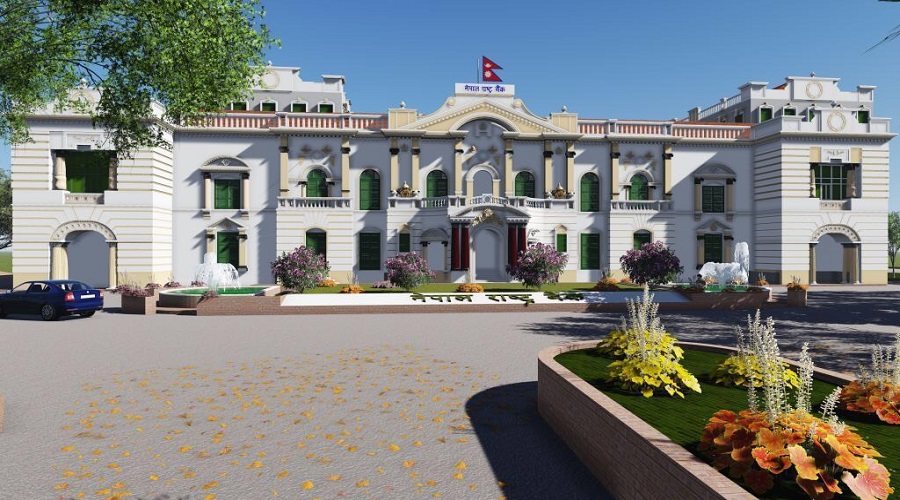KATHMANDU: Former NRB governors have urged the central bank to enact prudent measures through the monetary policy for the upcoming fiscal year in order to support the smooth operation of the nation’s financial market and combat the ongoing recession.
The NRB should consider stabilizing the entire economy when determining monetary policy, according to economist and former governor of NRB, Yubaraj Khatiwada, rather than concentrating only on a specific industry. “We should only be responsible in areas that fall under our purview,” he said.
According to Khatiwada, the central bank shouldn’t implement the policy solely to expand the stock market. The Securities Board of Nepal, not the NRB, is responsible for overseeing the stock exchange market, according to Khatiwada.
As a result of the underutilization of the economy, NRB should not be concerned about achieving high growth but rather should be more concerned about the high consumer price index. ” .
Khatiwada recommended that the NRB keep the spread rate at 4%. The spread interest rate is adequate for the banks to generate annual profits of 10–12 percent, he continued.
Khatiwada advised the central bank to regulate microfinance, refrain from taking on cooperatives’ obligations, reduce interest rates, keep the banks’ paid-up capital at current levels, and give businesspeople more flexibility to purchase bank shares. .
Ganesh Thapa, a former governor of the NRB, said that in order to reduce interest rates, the NRB must implement effective policy. “The central bank must act to increase the demand for loans while also identifying the troubled industries and offering them special deals.
The former governor of the NRB, Tilak Rawal, stated that the central bank should strike a balance between contractionary and expansionary monetary policy on Thursday during a discussion session hosted by the Management Association of Nepal. “By examining the fundamentals of the annual budget, the monetary policy must address achieving the goal of economic growth and tumbling inflation rates. ” .
The balance between the economy’s internal and external sectors must be preserved, according to Rawal, who also emphasized the importance of monetary policy.
“The relevant financial instruments should be activated. If such a policy tool does not already exist, the NRB must create one,” he continued.
Similar to how Dipendra Purush Dhakal, a former governor of the NRB, stated, the NRB must seek ways to control the cartel that controls interest rates set by banks. “Rather than enforcing a cartel system, interest rates should be left up to the market to decide. ”.
According to NRB Governor Adhikari, controlling inflation will continue to be a top priority for monetary policy.
Governor of the Nepal Rastra Bank (NRB), Maha Prasad Adhikari, has pleaded with the stakeholders not to place too much stock in the monetary policy 2023/24.
To expect all of the services to be available to them during the unpredictable COVID-19 pandemic hours would be unreasonable, according to Adhikari. “Although the monetary policy will follow the guidelines of the annual budget for the fiscal year 2022–2023, the central bank will focus more on controlling inflation rates than achieving high economic growth rates,” the speaker continued.

